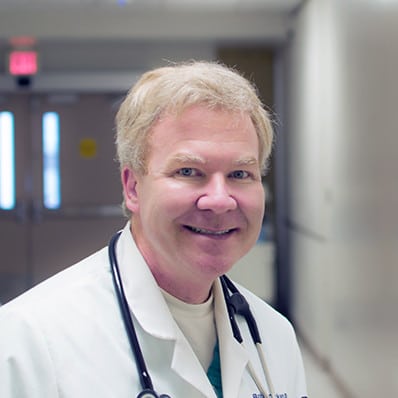Emergency Excellence: Dr. Robert Corkern’s Advanced Approaches to Critical Medical Care
Emergency Excellence: Dr. Robert Corkern’s Advanced Approaches to Critical Medical Care
Blog Article

In regards to healthcare, many people often confuse emergency medicine with inner medicine. Both are important branches of medicine, but they serve very different roles in individual care. Dr Robert Corkern Mississippi, a distinguished medical expert, explains the main element variations between both of these specialties, shedding light on their unique stresses and how each plays a role in patient health. Knowledge the distinction between emergency medicine and internal medication will help patients better navigate their healthcare wants and make knowledgeable decisions.
The Target of Crisis Medicine
Emergency medication is designed to offer immediate, intense care for individuals experiencing urgent or life-threatening conditions. Emergency physicians function in hospitals' crisis divisions (EDs), wherever they're the first place of contact for persons experiencing extreme injuries, strokes, center episodes, or other medical emergencies. Dr. Corkern emphasizes that emergency medicine is focused on stabilization and rapid decision-making. Emergency physicians are trained to deal with a wide selection of medical problems, usually without having a detailed medical record of the in-patient, and must produce quick judgments based on limited information.
The primary purpose of crisis medicine is to avoid further hurt, support the in-patient, and begin the appropriate interventions. From stress treatment to managing center episodes or shots, disaster physicians are professionals in controlling intense indicators and giving life-saving solutions in high-pressure environments.
The Position of Inner Medicine
On the other hand, internal medicine is targeted on diagnosing and managing chronic conditions and problems that affect people, such as for instance diabetes, hypertension, and center disease. Internal medication specialists, or internists, work with people around a long period, providing detailed care and avoidance strategies. Dr. Corkern explains that central medication is mainly focused on the whole-body management of non-emergency medical issues. Internists usually serve as major treatment health practitioners, handling routine check-ups, managing ongoing remedies, and managing care for individuals with complicated, long-term wellness issues.
While emergency physicians address immediate issues, internists have a more holistic and long-term approach to patient health. They often perform carefully with specialists in areas like cardiology, pulmonology, and nephrology to control serious situations and ensure that patients get coordinated care for numerous health concerns.
Training and Method of Treatment
Dr. Corkern features the variations in working out needed for both fields. Crisis medication involves physicians to be ready for a broad spectral range of problems that could involve quick, life-saving interventions. Disaster doctors are trained to control stress, critical condition, and intense exacerbations of chronic conditions. That education requires much focus on acute attention and sophisticated life-saving procedures, often in high-stress environments.
On one other give, central medicine physicians undergo extensive instruction in the avoidance, diagnosis, and treatment of persistent conditions. They concentrate on giving long-term attention, often controlling a patient's medical record and matching with other specialists. The internist's strategy is patient-centered, with an emphasis on long-term wellness preservation and condition prevention.
When to Find Emergency Medication or Internal Medicine
Understanding when to find emergency medicine versus inner medicine can make most of the big difference in the speed and type of attention an individual receives. If you're encountering a medical crisis, such as for instance significant chest pain, problem breathing, or quick lack of consciousness, the emergency room is the best spot to go. However, for continuous medical issues, chronic illness management, or overall health preservation, an internal medication specialist is typically the most effective place of contact.
Conclusion:
Equally disaster medication and central medicine perform vital jobs in individual attention, but their techniques, focus areas, and education differ significantly. Dr Robert Corkern's explanation gives quality on what these specialties function and when each is most relevant. By understanding the distinctions, patients can better understand their healthcare needs and assure they're seeking the right form of attention at the best time. Whether experiencing a crisis or managing a serious condition, equally specialists are integrated in sustaining and increasing health.
Report this page